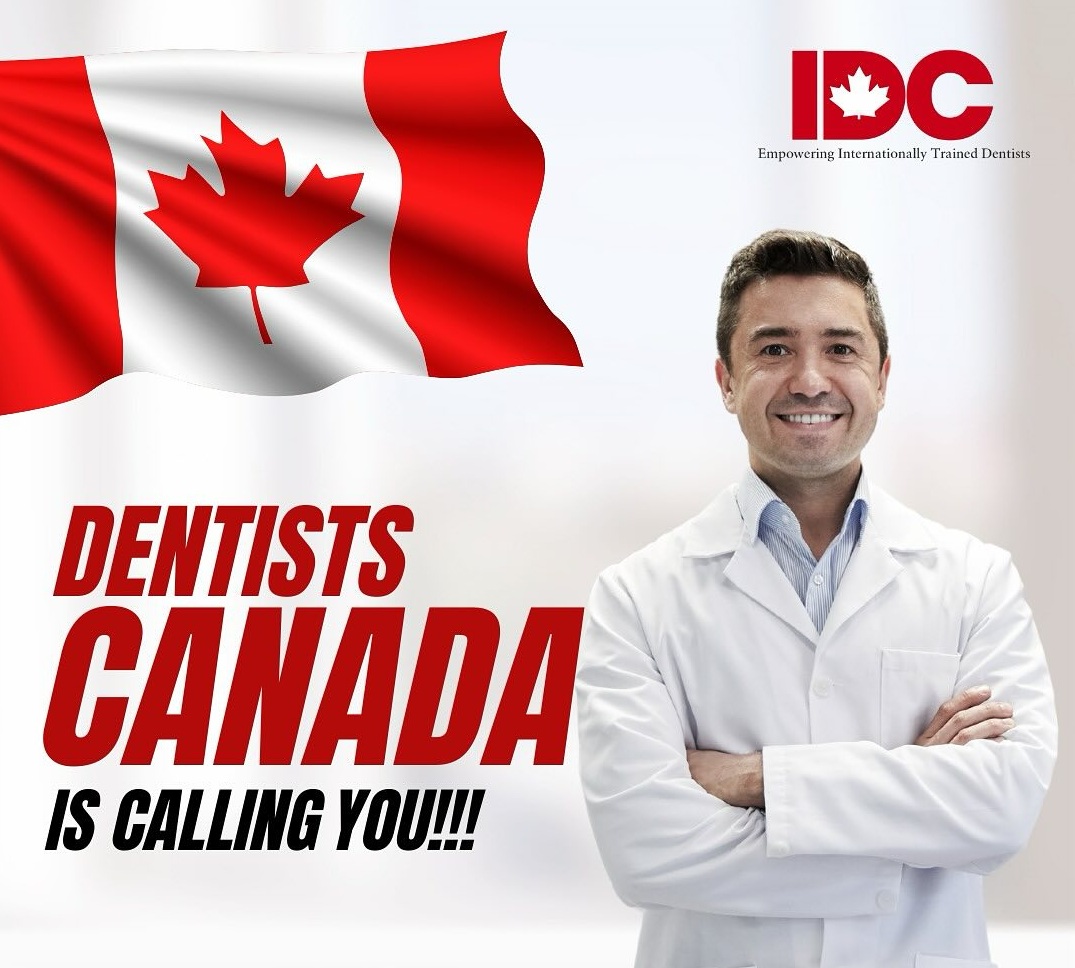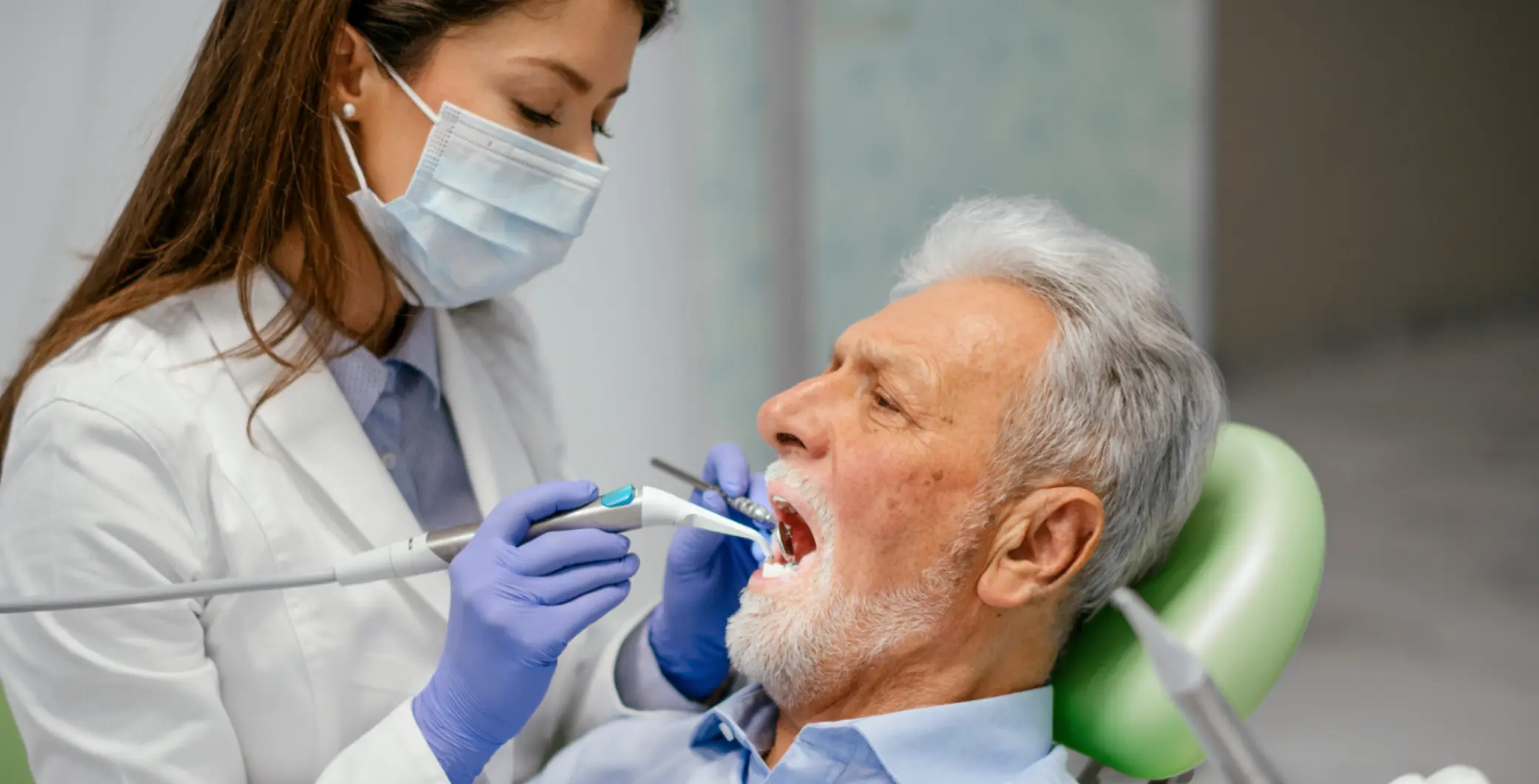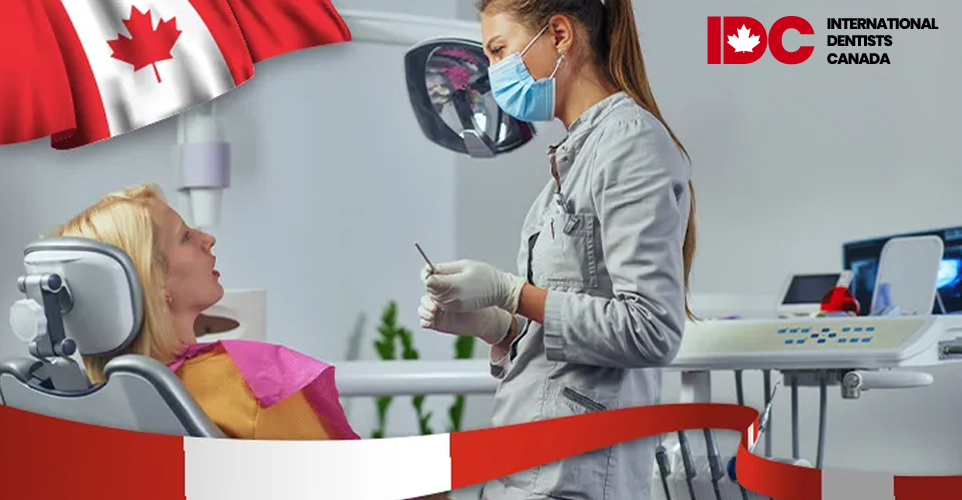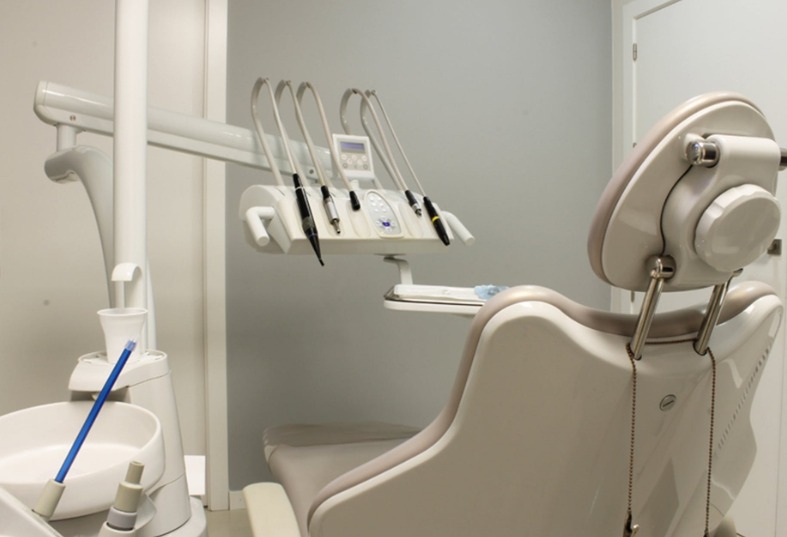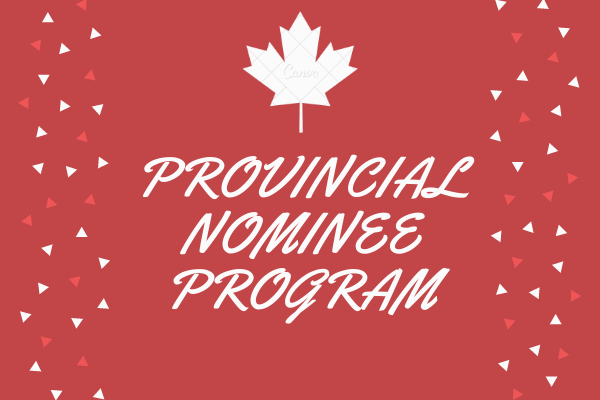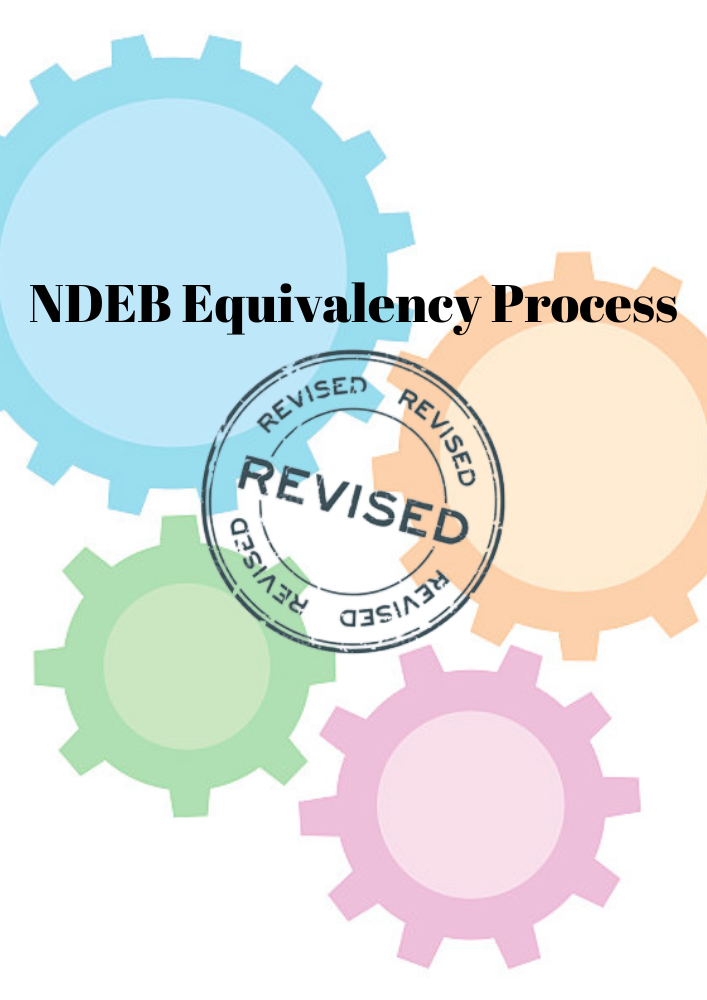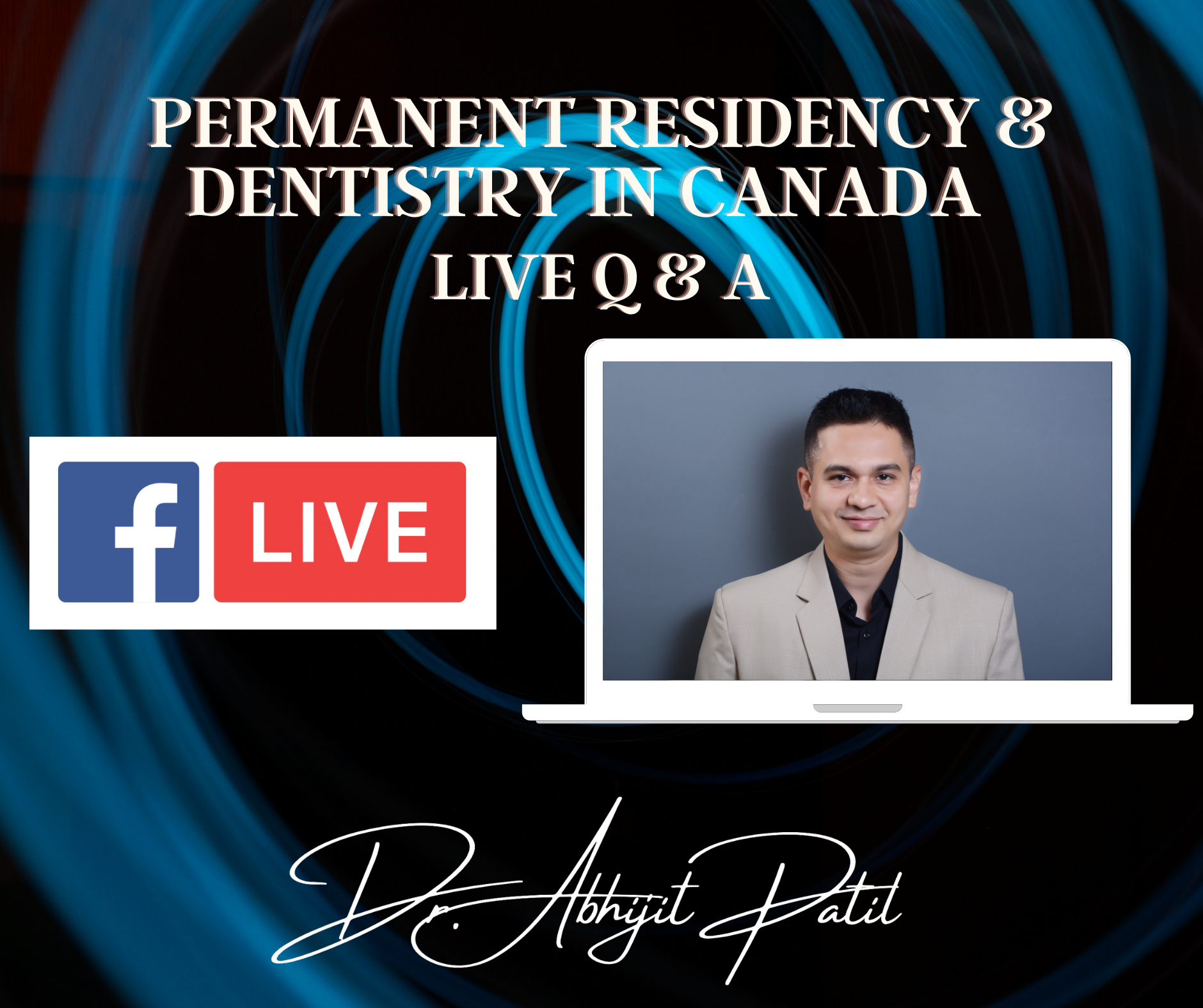Immigration FAQ's!
Express entry is electronic online process of obtaining permanent residency of Canada. If you are interested in immigrating to Canada then you must fill an online application with details like your age, marital status, education, work experience, English/French proficiency test result etc. Based on above factors the electronic system will calculate your Comprehensive Ranking System (CRS) score out of 1200 points grid. You will enter a pool of potential express entry candidates into express entry pool. IRCC conducts express entry draws mostly twice in a month. In each draw there is a cut off score and if your CRS score is above the conducted express entry draw then IRCC will send you an Invitation to Apply (ITA) for Permanent Residency. If candidates choose to accept the ITA, then they must submit their application electronically which after processing they receive the Confirmation of Permanent Residency (COPR).
There are three categories of Federal Economic Immigration Programs which enables an applicant to be eligible for express entry.
- Federal Skilled Worker (FSW) ProgramThis program is for those group of people who have their occupation falls under National Occupation Code (NOC) 0, A and B. In addition to this candidate should possess minimum of one year of full-time work experience in their profession, English/French language proficiency, Educational Credential Evaluation (ECA) from designated organizations. Candidates should also obtain minimum of 67 points out of 100 in its point grid.
- Canadian Experience Class (CEC) ProgramThis program enables international students or workers who have Canadian education or work experience to apply for express entry program under Canadian Experience Class (CEC). Candidates must have obtained minimum of one year of work or education experience in last three years of the date of application. Proven English/French language proficiency is must.
- Federal Skilled Trade (FST) ProgramThis program is for those skilled workers who wants to apply for Canadian permanent residency based on being qualified in skilled trade. Candidates must have minimum of two years of work experience in skill trade in last five years, able to prove minimum language proficiency, have a valid job offer. There is no education requirement to apply for this trade program. Professionals include in this program are industrial, electrical, maintenance trade, butchers, chefs, bakers.
When candidate is applying for express entry program under FSW program they have to evaluate their degree which is earned outside Canada. The main purpose of an ECA is to check the equivalency of the foreign degree to a Canadian degree. Immigration, Refugees and Citizenship Canada (IRCC) accepts ECA evaluation from designated organizations only and it is valid for a period of five years. ECA can be used to meet Federal Skilled Workers (FSW) program, Provincial Nomination Programs (PNP), gain recognition to your education and pursue further education in Canada. In case of candidate applying along with a spouse then ECA is mandatory for primary applicant and optional for spouse.
To be eligible for express entry program, all candidates should prove their English/French language proficiency. Tests which are commonly used are IELTS general module, CELPIP for evaluation of English language and TEF for French language. Candidates can take both English and French language tests and can use it improve their CRS score as proven French language proficiency carries additional points in express entry profile. Language tests results are valid for two years.
Bachelor of Dental degree which is earned from outside Canada is five years duration program including one-year compulsory rotating internship. When ECA is done for international dental degree it is consider as professional degree in Canadian comparison. This means it is equivalent to a master’s degree, so the dental graduates have added benefits of scoring more points than other bachelor’s degree holders like engineers or management candidates.
In ECA bachelor’s degree in dentistry is considered as a first professional degree, whereas master’s degree is considered as graduation according to the Canadian standards. It is advisable to do ECA for both bachelors as well as master’s degree, but you cannot claim extra points for master’s degree in your CRS. But you can use the same ECA with both the degrees for your future education in Canadian colleges or universities.
Dentistry is a highly regulated profession in Canada. To practice dentistry in Canada the international graduates must go through a NDEB equivalency and certification process to obtain license. Anyone can apply for NDEB equivalency process, but to register yourself with certain provinces you need to have a permanent resident or citizenship status of Canada. So, it is very difficult or impossible to get a valid job offer for international dentists.
PNPs are mainly designed by provinces to meet their local demand of certain skilled professionals. Some PNPs are linked to express entry system whereas other PNPs need a separate application or Expression of Interest (EOI). Provinces issues PNP nominations if their profession falls in their in-demand list. Now considering dentists, as it is a regulated profession it is never in the in-demand list of any province. At the same time some provinces like Ontario has a PNP program which is for any candidate who has CRS score more than 400 points, but it is again linked to express entry. So, for dentist PNPs do not hold much importance.
Express entry profile is active for a period of 12 months or till the Invitation to apply is received. After 12 months candidates can choose to create a new profile. If candidates receive Invitation to Apply before 12 months, then the profile gets locked and candidates cannot make any changes in their profile. As long as profile is active in express entry pool candidates can edit the information or details in it.
Dentistry FAQ's!
ITDs with accredited dental degrees must appear for the NDEB certification examination (Integrated OSCE). ITDs with non-accredited dental degrees must complete the NDEB equivalency process followed by the NDEB certification process. Once NDEB certification is completed, ITDs can approach the Dental Regulatory Authority (DRA) of any province to obtain a license to practice in that province.
The NDEB equivalency process is a pathway for ITDs from non-accredited dental programs to obtain a license to practice dentistry in Canada. It consists of three examinations: Assessment of Fundamental Knowledge (AFK), Assessment of Clinical Judgment (ACJ), and National Dental Examination of Clinical Competence (NDECC). Once the candidate clears all three examinations, they can appear for NDEB certification.
NDEB certification, which consists of the Integrated OSCE, is the examination that all dentists must clear to obtain a license to practice dentistry in Canada, regardless of whether they completed their dental degree from an accredited or non-accredited program.
The NDEB is responsible for assessing the qualifications of individuals who wish to practice dentistry in Canada. Their primary roles include Credential Assessment, Licensing Examination, Certification, and Ensuring Competency. NDEB plays a vital role in maintaining the quality and safety of dental care in Canada by assessing and certifying the qualifications of dental professionals.
Any dental professional with a recognized dental degree from their country can challenge the NDEB equivalency and certification examinations, regardless of their residential status in Canada.
Dental professionals can attempt the AFK, ACJ, and Integrated OSCE a maximum of three times.
The NDECC can be attempted an unlimited number of times within five years of clearing the AFK examination.
ITDs with non-accredited programs can apply for a DDS or DMD bridging program, which varies in duration from two and a half years to three years. This pathway is only available for ITDs with Canadian Permanent Residency or citizenship status.
ITDs from non-accredited dental programs can enroll in a DDS or DMD program to bridge the gap between their non-accredited program and an accredited program. After completing the Degree Completion Program, ITDs will possess a Canadian DDS or DMD degree.
Any ITD can apply for the Degree Completion Program, but you need to have permanent resident or citizenship status in Canada. The University of Manitoba, Dr. Gerald Niznick College of Dentistry, is the only university that accepts international students.
Dentists with non-accredited degrees, Canadian permanent residents/citizens, must sit for the Advanced Dental Admission Test (ADAT), with results valid for two years.
The Advanced Dental Admission Test (ADAT) is governed by the American Dental Association and administered at Pearson VUE test centers from March 1st to August 31st every year. Those applying for the Degree Completion Program in Canada and other advanced and post-graduate dentistry programs in the USA should take ADAT.
Dental specialists can apply for a specialty route by taking the Dental Specialty Core Knowledge Examination (DSCKE) administered by the Royal College of Dentists of Canada (RCDC). DSCKE results are used to assess candidates for admission to the Dental Specialty Assessment and Training Program (DSATP), a one-year program. Upon completion of DSATP, candidates can apply for a specialty license in Canada.
Education FAQ's!
Educational programs in Canada are diploma, bachelors, baccalaureate, graduate certificate, masters, and PhD programs. The eligibility criteria to get admitted into each program are different.
Diploma and bachelor programs are for those candidates who have completed their 12th standard. Eligibility requirement for graduate certificate and baccalaureate program is completion of 3 years of university degree. Master and PhD programs need completion of 4 or 5 years of professional university degree or master’s degree.
Yes, to apply for educational programs in Canada as international student you need to prove your English language proficiency. There are different English language tests that you can take for the same. Many universities and colleges exempt this requirement if you have completed your previous education in English language or from English speaking country.
There are number of English language tests for academic purpose like IELTS (Academic)/TOEFL/CAEL/Duolingo. One must check the specific English test and score require for selected educational program before registering for one.
All the international students must apply for a study permit visa once they are accepted into a program. Students can select only one program while applying for the permit.
The university, college, or institute you are applying for must be on a Designated Learning Institute (DLI) list. The duration of the program is very important to obtain a Post Graduate Work Permit. Career opportunities and job availability should be considered.
Designated Learning Institute (DLI) is a school, college, or university approved by the provincial government to admit international students. It is mandatory for an educational institute to be a DLI to apply for a study permit visa, Post Graduate Work Permit, and a permanent residency pathway for international students.
Post Graduate Work Permit (PGWP) allows international students who have completed their education from eligible Designated Learning Institutes (DLIs) to work legally in Canada and gain valuable Canadian work experience which can contribute towards Permanent Residency eligibility. International graduates can obtain PGWP for maximum of 3 years only once.
Yes, internationally trained dentists can apply for dental education programs in Canada. In fact, your international dental degree makes you eligible to apply for master programs in clinical, research or combined programs.
The University Graduate Admission Committee decides the admission requirements for the master program. International students should have completed 4 to 5 years of professional education from a recognized university in their country. Other requirements include GPA of 3.0 or above, 3 academic/professional referees, program specific letter of intent, English language test. There are other program specific requirements as well.
All universities and many colleges offer scholarships or financial aid options. It’s advisable to check with the specific university, faculty, or college you plan to apply to for information on available financial assistance.
Work eligibility during dental education programs may vary based on your visa or immigration status. International students can work for 20 hours/week during semesters and full time in between breaks when you are studying in a fulltime program. ITDs cannot work as a dentist if they do not have a license to practice dentistry in Canada. ITDs can work as dental assistants or other non-regulated jobs in dentistry or healthcare field.
Canadian dental education is recognized and respected globally, but requirements for practicing dentistry in other countries may vary. All accredited dental programs in Canada are accredited in USA.
Research programs in Canada are of two types, Non-thesis and Thesis based and are of the duration of three years. Thesis based program need students to secure a supervisor before applying for the program and students must complete a thesis.
Yes, there are general and oral maxillofacial residency programs available in Canadian dental faculties. Students need to have an accredited dental degree to apply for these residency programs and have to appear for ADAT examination.




